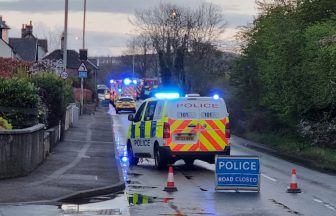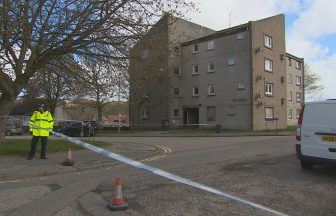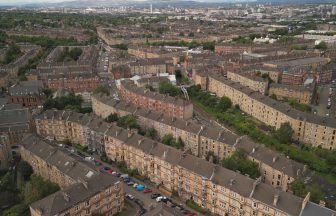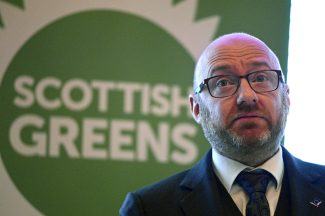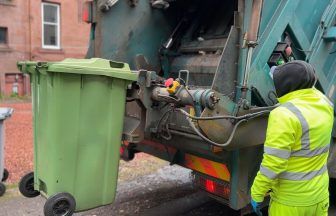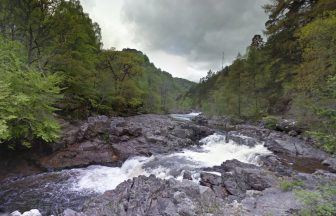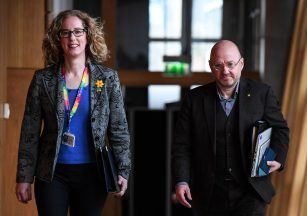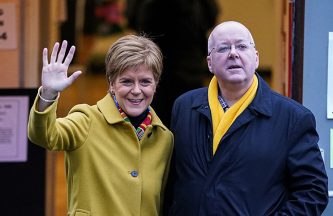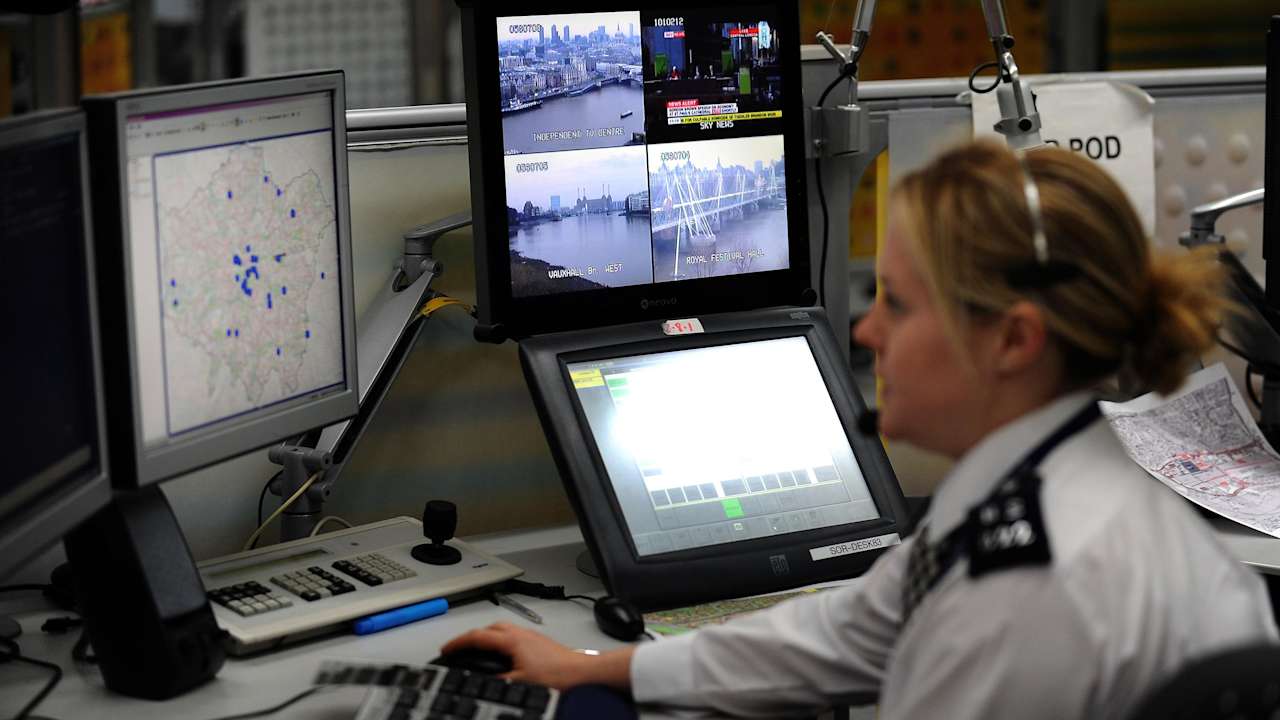In these depressing times it seems almost in bad taste to remind you that the sixth set of elections to the Scottish Parliament will take place in May.
To date, there are no noises suggesting that the poll will be yet another casualty of the Hokey Cokey policy of lockdown.
I’m surprised there has not been more debate about pressing ahead with the election. Whilst a fair chunk of electors now vote by post, most people still prefer the ritual of casting their vote in person.
Polling stations can get busy. They are to be found in enclosed spaces. Contact with officials is necessary to receive your ballot. Thereafter, those votes are counted by thousands of people in counting centres the length of the country. They are normally sat cheek-by-jowl and handle hundreds of pieces of paper which in turn have been handled by voters. The social distance challenges in all of this are obvious.
We simply do not know where we will be with infection rates in May so I am surprised there hasn’t been a more public debate about holding the poll.
When it comes, the campaign will be different. There will be no large-scale public meetings. No walkabouts and pressing the flesh. TV debates will not be in front of a studio audience. Canvassers won’t turn up on your doorstep.
Indeed, electors might be of a mind to simply switch off, the cut and thrust of raw politics the last thing they want. It would seem further punishment on top of the stresses of the last year.
And yet the poll will be hugely significant not least because a constitutional crisis may be raging long before Covid has been beaten. That’s assuming there is, of course, a pro-independence majority at Holyrood. The polls suggest there will be unless Holyrood’s opposition parties can dictate an alternative agenda.
If the Conservatives, Labour and the Lib Dems fight campaigns warning of the dangers of another referendum then they will merely cement the campaign on the SNPs preferred territory. They would be far better fighting the government on their record on the bread and butter issues.
Most voters believe that the First Minster has communicated effectively on the pandemic. She still has the tricky issue of vaccine rollout to contend with and that will still be a live issue by polling day. If the numbers in Scotland lag materially behind those in other parts of the UK, this could yet become an issue with negative electoral consequences. More jags in more arms will neutralise this as potential problem.
Having shielded away from anything other than a legally watertight IndyRef, Nicola Sturgeon has bowed to the inevitable and flirted with risk. Standing by whilst Westminster continues to say no to a section 30 order would simply not wash with the troops. Plan B has been dictated by Boris Johnson as much as the SNP leader.
She is now preparing for a leap into the unknown. A Scottish Government poll will in all likelihood be taken to the courts. The Electoral Commission won’t relish being embroiled in a row over a plebiscite which in any case opposition parties will boycott. Broadcasters will find election rules prohibit reporting just one side, making set-piece debates all but impossible.
But none of this will start in earnest until Covid is behind us. No-one seriously suggests that will be this year, so the weekend excitement of a referendum before Christmas is just that, excitement. 2022 looks more likely.
The Unionist parties have three options. Boris Johnson could simply continue to say no. Alternatively the UK Government could make a new offer of more powers, hoping at the same time voters will tire of the SNP in government. A higher-risk option would be to put a new settlement against independence in a referendum.
The referendums in 1979 and 1997 on devolution and the 2016 poll on EU membership were never contentious from a legal perspective. However, the votes in 2014 and 2016 led to bitter, fractious politics. Any IndyRef, assuming it sees the legal light of day, will be no less fractious and no less bitter.

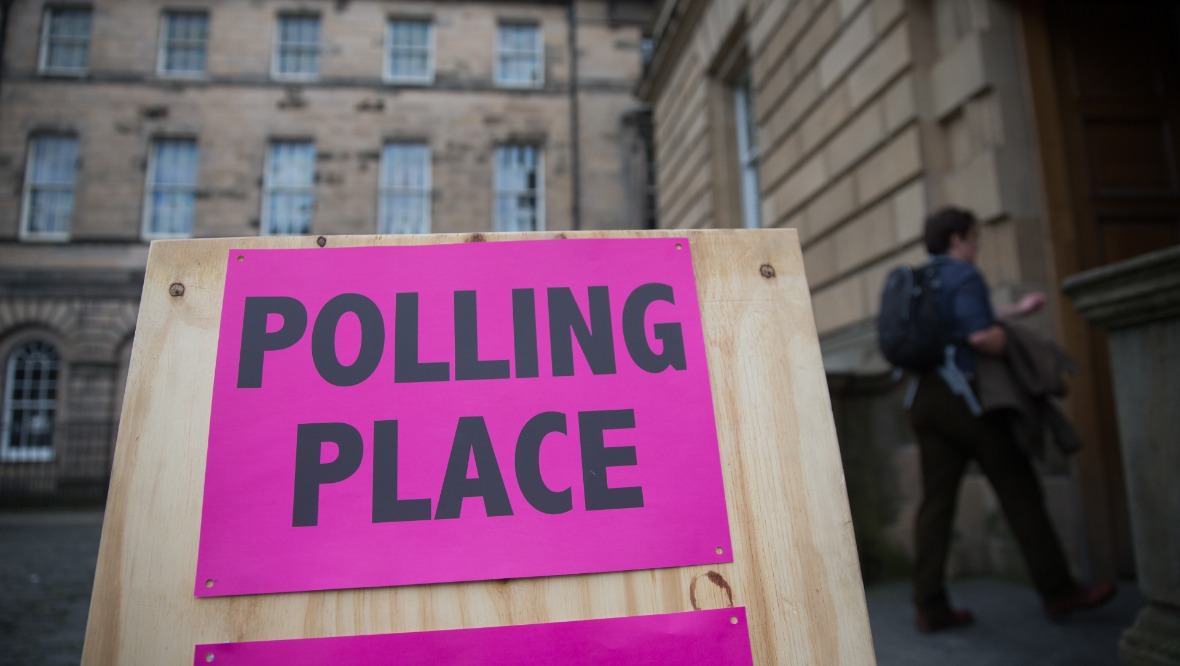 Getty Images
Getty Images

